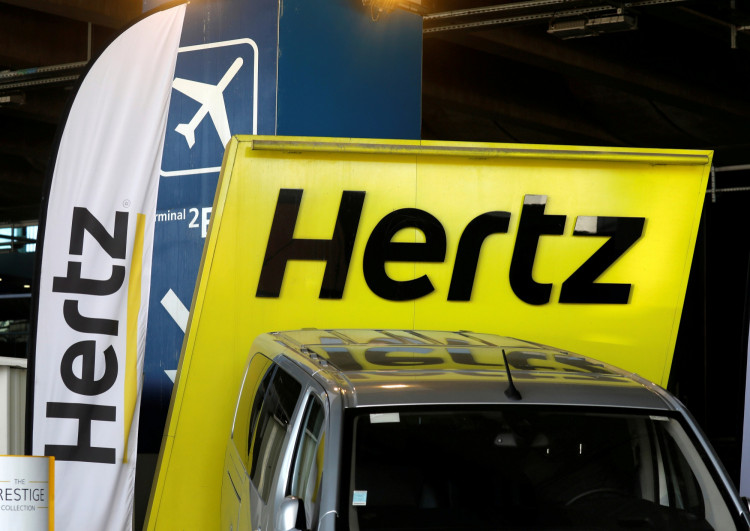US car rental company Hertz Global Holdings, which has been operating for more than 100 years, has filed for bankruptcy protection. The established company has become the latest casualty of the coronavirus pandemic in the US, joining other iconic institutions such as JC Penny, Neiman Marcy, and Gold's Gym.
While it may be easy to write-off Hertz's fate as a direct result of the economic downturn and demand slump caused by the pandemic, the company's downfall is actually the result of a culmination of several other factors. Experts have pointed out that the company had failed to adapt to rapidly-chaining trends and customer needs. Unlike other companies, Hertz had refused to evolve its business model and missed the opportunity to utilize advancing technologies.
When it had applied for bankruptcy on Friday, Hertz had a standing debt of more than $19 billion. Its financial woes were also worsening each day prior to the filing as its more than 700,000 vehicles remained idled due to the pandemic. For the past four years, the company had remained unprofitable, with it reporting a $58 million loss last year.
Hertz's losses were mainly attributed to increasing competition from its traditional rivals and new business models such as ride-hailing services. Companies such as Uber and Lyft provided customers with a much better and convenient alternative when compared to renting cars. The spread of the pandemic had only managed to worsen the company situation, likely serving as the final nail on its coffin.
With strict shelter-in-place orders and lockdowns in place, domestic and international travel had ground to a halt. Most of Hertz's business relies on travel, mostly from vacation goers and traveling businessmen who rent out its cars for the duration of their visits. Without the added income, Hertz has been hemorrhaging money at unprecedented rates, forcing it to implement drastic measures.
Since March, Hertz has greatly reduced its workforce, initially letting go of more than 12,000 workers. This was followed by the furloughing of more than 4,000 additional, greatly reducing the company's headcount. With the bankruptcy filing, most of those that had been furloughed will likely not be asked to return.
Apart from the affected employees, Hertz's bankruptcy will have a huge impact on other businesses and institutions. For one, the money it owes carmakers for its leases will likely not be paid anytime soon. This will in turn negatively affect the automaker's suppliers and in turn their own employees.






